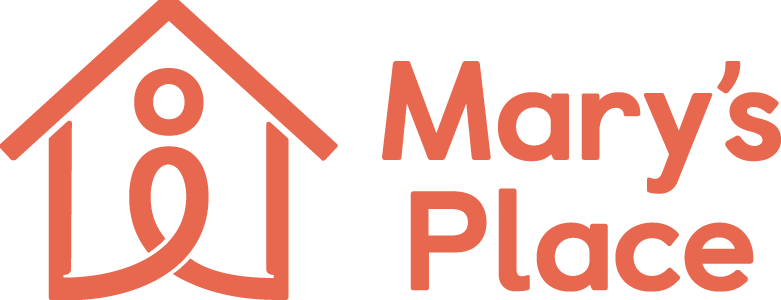How Bastyr University has made a priceless impact on the health of women experiencing homelessness
Bastyr University Clinical Students at Mary’s Place Women’s Day Center
For the last 16 years, Bastyr University’s Clinical Program has been working with Mary’s Place to provide medical care to women at the Women’s Day Center with the use of naturopathic medicine. Students reaching for their naturopathic medicine degrees have the option to sign up with a list of nonprofits who need assistance with medical care. We spoke with Dr. Jennifer Johnson, who supervises Bastyr’s student clinicians. She shared that there is a waitlist for students who want to do their rounds at Mary’s Place. When asked why it’s such a popular option for students, Jennifer tells us, “Students know that there is a lot of variety, as far as treatments they can explore. The women at Mary’s Place are great to work with, and building a relationship with them is a priceless experience.”
A typical Tuesday morning for Bastyr volunteers working at Mary’s Place is busy, to say the least. The women who visit the Women’s day center for medical treatment suffer from a myriad of symptoms and issues ranging anywhere from minor skin irritation to broken bones. “Students really get their practice with triage”, says former Bastyr student, Amy Richards. Contrary to traditional care, Bastyr is committed to treating a patient in their entirety, from healing physical ailments to working on plans to improve nutrition and self-care. When a patient needs care that they don’t have the resources to provide, they are referred to a hospital, Sound Mental Health (for mental health care) or Neighbor Care (for mental health, dental care, and more). Both Sound Mental Health and NeighborCare offer sliding scale payments for patients seeking treatment.
Diana Balgard, a guest at the Day Center, started receiving treatment from Bastyr students when they initially began volunteering at Mary’s Place. “They just about saved my life. I had HEP C before they came out with a pill that really treated it. The volunteers seemed to cover anything wrong with me. I find the cranial-sacral treatments to be really healing. More than anything, they treat me with respect and take their time with us. You can tell they really care.”, says Diana.
Taking time with a patient is, in large part, what separates Bastyr’s clinicians with standard care. For a guest at Mary’s Place, this can mean the difference between being treated for a headache and being treated for a tooth abscess that was the catalyst for the headache. “It took a lot for a guest to come to Mary’s Place. It took something extra for them to sign up to be seen by a doctor”, says Amy Richards. “We make room to hear their story too because it all has an impact on their health.”
Another advantage for guests at Mary’s Place is that Bastyr is coming to them. Dr. Jennifer Johnson tells us, “We go to where the people are. The inability to get somewhere is what stops people from getting the help they need”.
All of the medical supplies that Bastyr uses to treat patients are donated. Occasionally, this can be a barrier to treating a patient onsite, and students often need to refer a guest to another clinic if they can’t find a solution or alternative that will work as intended. Most of the supplies donated consist of supplements, bandages, splints, and homeopathic remedies. While many of the ailments that students encounter can be treated with these supplies, patients do need to be referred to another doctor or hospital for more threatening conditions such as heart disease, blood clots, or diabetes.
“Our partnership with Mary’s Place has been priceless. We’re building relationships with these women, and it’s a mutually beneficial opportunity to treat our neighbors with thorough and comprehensive care while providing students with a well-rounded learning experience.”, says Dr. Johnson.

